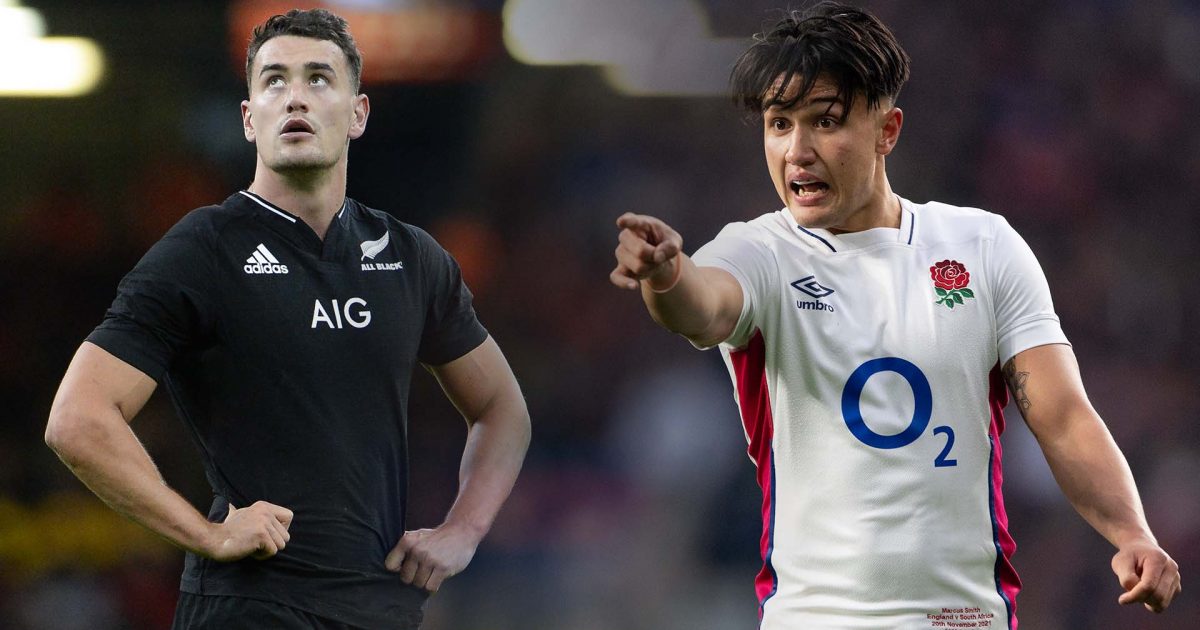The dust has well and truly settled on another year of international rugby, bringing with it plenty of action and drama from around the world.
The past 12 months of test rugby has also seen the emergence of some of rugby’s brightest young prospects, many of whom enjoyed a breakout year on the global stage.
In an attempt to recognise the efforts of rugby’s up-and-coming stars, we have devised a World XV made up of players born no earlier than January 1, 1998 whose exploits in the test arena have impressed in recent times.
Some players have been on the international scene for what seems like some time now, while others have only really caught the imagination of the rugby world as recently as last month.
Nevertheless, here is a XV of some of test rugby’s hottest talents leading into 2022:
1) Rhys Carre (Wales)
Age: 23
Test caps: 16
Club: Cardiff Blues
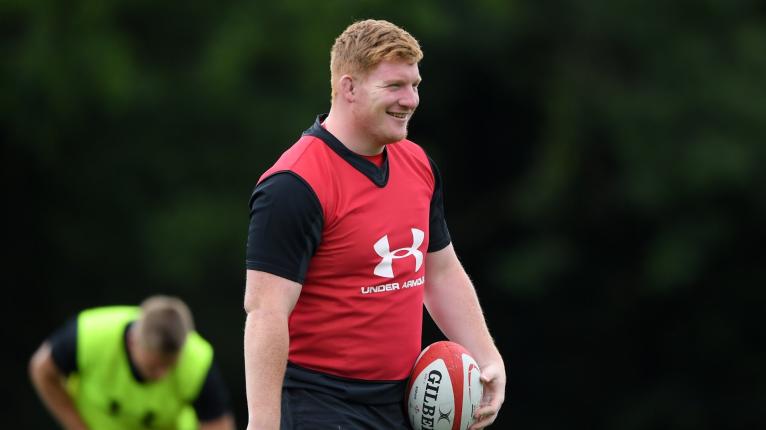
It’s been more than two years since Rhys Carre made his test debut for Wales, and yet he is still only 23-year-old, making him a baby by prop standards. That should instil Welsh fans with plenty of confidence that Carre holds massive amounts of potential that he is yet to reach as he continues to add to the 16 test caps he already has to his name.
Other potential candidates: Angus Bell (Australia), Ethan de Groot (New Zealand), Bevan Rodd (England), Jean-Baptiste Gros (France), Tomas Gallo (Argentina)
2) Ronan Kelleher (Ireland)
Age: 23
Test caps: 16
Club: Leinster
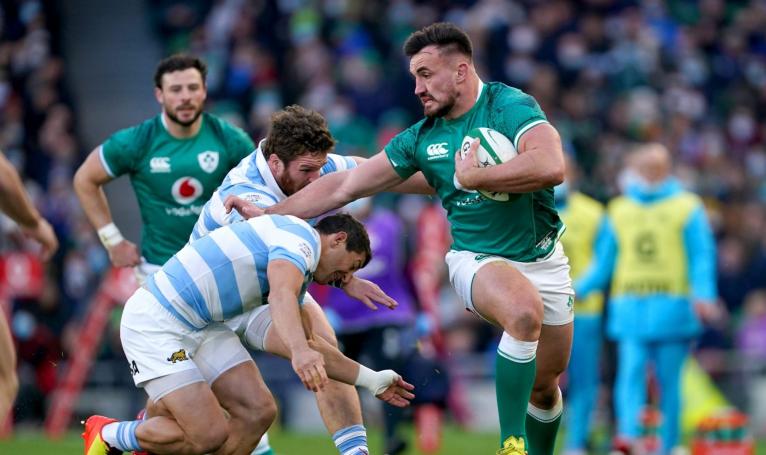
Since the retirement of former Ireland captain Rory Best following the 2019 World Cup, youngster Ronan Kelleher has risen to the challenge of replacing his predecessor in the No 2 jersey. The Leinster standout has emerged as the leading candidate to fill Best’s void on a long-term basis, as reflected by his call-up to the British and Irish Lions earlier this year and his string of starts during the November test window.
Other potential candidates: Samisoni Taukei’aho (New Zealand)
3) Demba Bamba (France)
Age: 23
Test caps: 20
Club: Lyon
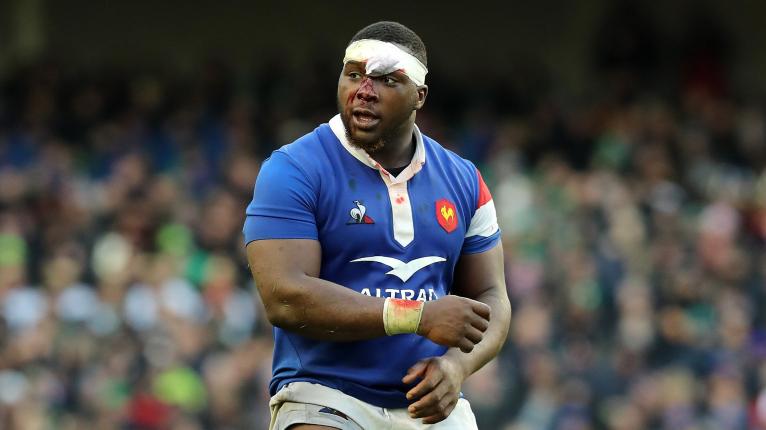
Three years on from his test debut as a mere 20-year-old, Demba Bamba has established himself as a regular in the France national squad. The Lyon prop already has 20 test caps to his name and, after having played at the 2019 World Cup for Les Bleus, was a regular starter for a second-string France side against the Wallabies in their mid-year tour of Australia.
4) Cameron Woki (France)
Age: 23
Test caps: 11
Club: Bordeaux
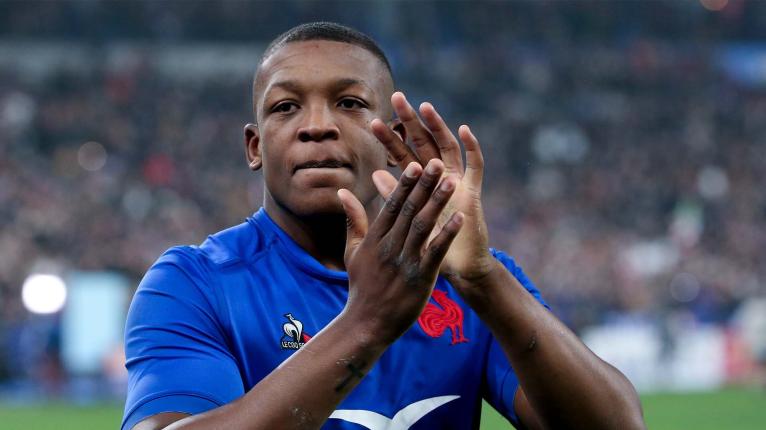
A teammate of Bamba’s in the world champion France U20 side of 2018, Cameron Woki exploded onto the international scene in recent months with a series of impressive displays. The utility forward was arguably France’s best player on their tour of Australia and was in equally fine form when Les Bleus condemned the All Blacks to a second consecutive defeat last month.
Other potential candidates: Ryan Baird (Ireland), Christ Tshiunza (Wales)
5) Tupou Vaa’i (New Zealand)
Age: 21
Test caps: 11
Club: Chiefs
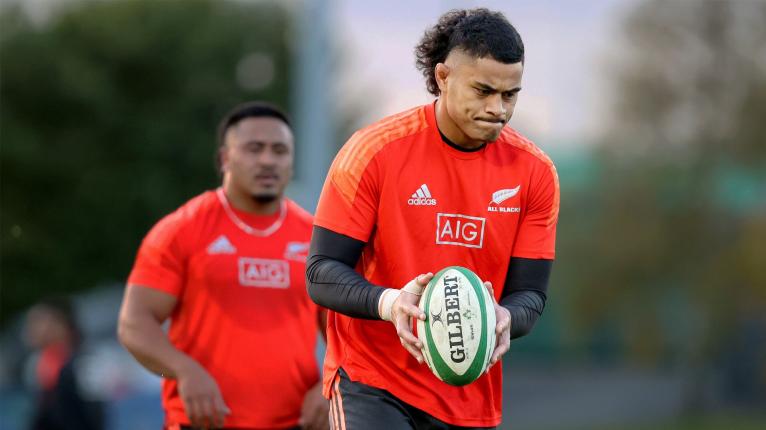
The first All Black to have been born in the new millennium, Tupou Vaa’i has caught the eye in the few chances he has received in test rugby as he continues to battle for playing time behind the likes of Brodie Retallick, Sam Whitelock and Scott Barrett. New Zealand will be left in good hands when those more senior figures eventually give the game away, though, as Vaa’i’s work ethic and attention to detail makes him a fine prospect in the years to come.
Other potential candidates: Ben Carter (Wales), Josh Lord (New Zealand)
6) Rob Valetini (Australia)
Age: 23
Test caps: 18
Club: Brumbies
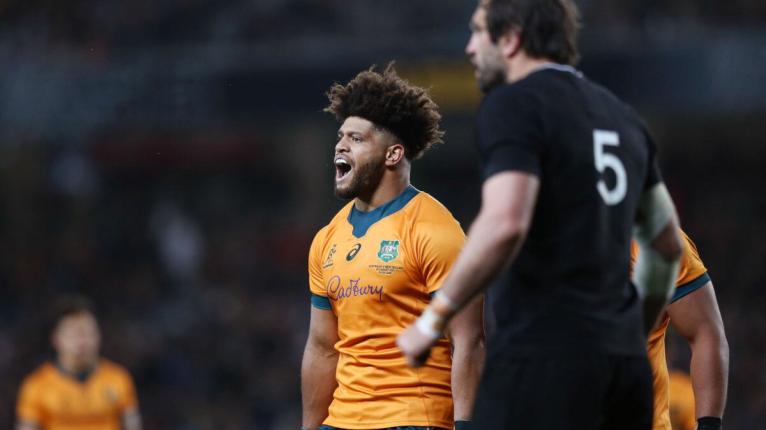
In a year when the Wallabies fluctuated drastically in terms of on-field performances, Rob Valetini emerged as one of Australia’s biggest movers with a consistent campaign where he made his presence known in the green-and-gold No 6 jersey. Valetini’s year certainly didn’t end how he would have liked, with a controversial red card against Wales earning him a two-match ban, but the foundations are certainly in place for the 23-year-old to help drive the Wallabies to further success next year.
Other potential candidates: Fraser McReight (Australia)
7) Tom Curry (England)
Age: 23
Test caps: 39
Club: Sale Sharks
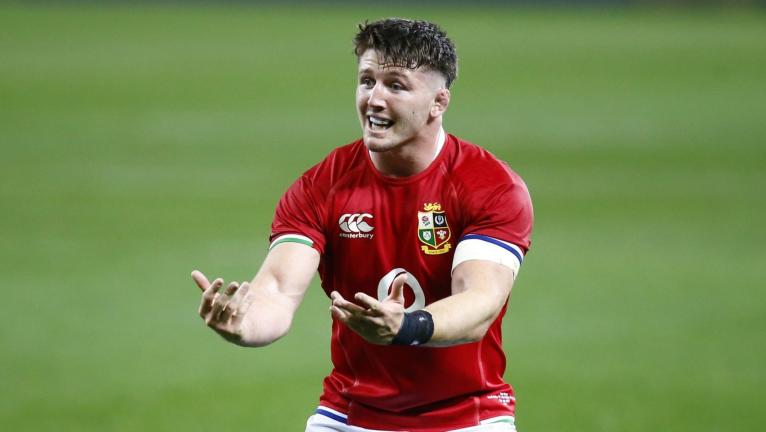
He has long been touted as one of the world’s most exciting youngsters, but Tom Curry has left no doubt in the minds of rugby fans across the globe of what he is capable of on the international scene. By far the most-capped player in this composite side, Curry asserted himself as one of the game’s best flankers at the 2019 World Cup as he worked in tandem with Sam Underhill to stun the All Blacks and guide England to a runner-up finish in Japan. Selection in this year’s British and Irish Lions squad was always going to be a certainty, and he is now closing in on half-a-century of test caps before his 25th birthday.
Other potential candidates: Taine Basham (Wales), Michele Lamaro (Italy), Juan Martin Gonzalez (Argentina)
8) Caelan Doris (Ireland)
Age: 23
Test caps: 12
Club: Leinster
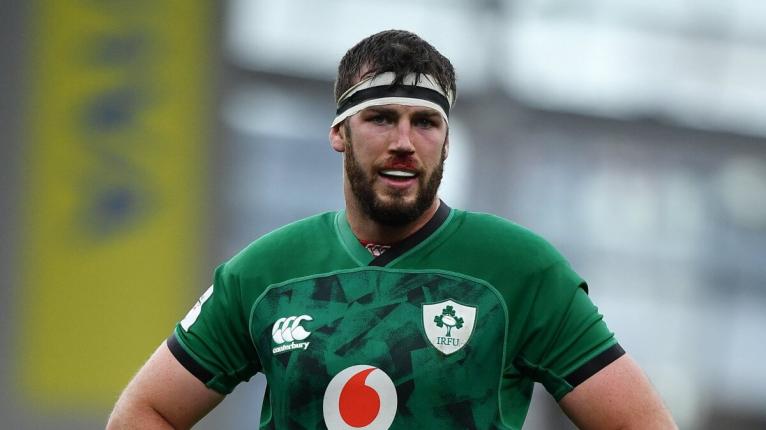
It speaks volumes of Caelan Doris’ ability and potential that he was voted Autumn Nations Series Player of the Series by the public after helping guide Ireland to a November sweep of Japan, the All Blacks and Los Pumas. The 23-year-old loose forward’s performances in those fixtures put him in the conscience of rugby fans worldwide as it became apparent that Ireland seem to have a gem on their hands in the back row.
Other potential candidates: Hoskins Sotutu (New Zealand), Harry Wilson (Australia)
The five New Zealand Super Rugby franchises have unveiled their playing jerseys for the inaugural edition of Super Rugby Pacific in 2022. #SuperRugbyPacific https://t.co/ABPwdsgYfU
— RugbyPass (@RugbyPass) December 5, 2021
9) Tate McDermott (Australia)
Age: 23
Test caps: 15
Club: Queensland Reds
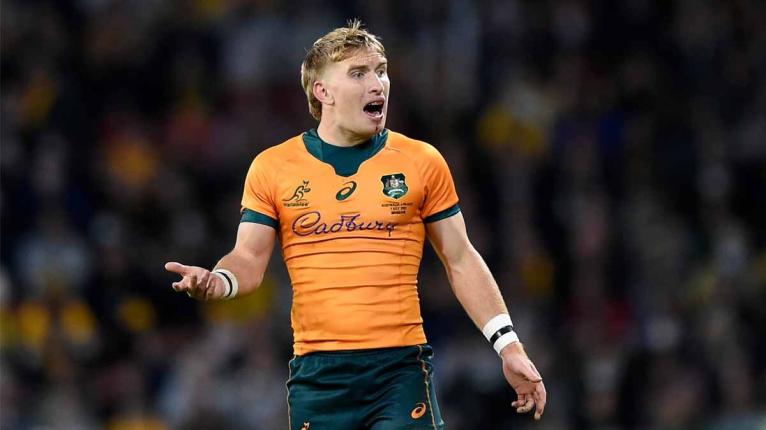
He may have fallen back behind Nic White in Australia’s national pecking order despite some impressive performances this year, but Tate McDermott has all the makings to become one of rugby’s top halfbacks. His running game, in particular, was especially dangerous, and it earned him starts against France, the All Blacks and the Springboks earlier this year. Let’s hope we see more of that in 2022.
Other potential candidates: Raffi Quirke (England)
10) Marcus Smith (England)
Age: 22
Test caps: 5
Club: Harlequins
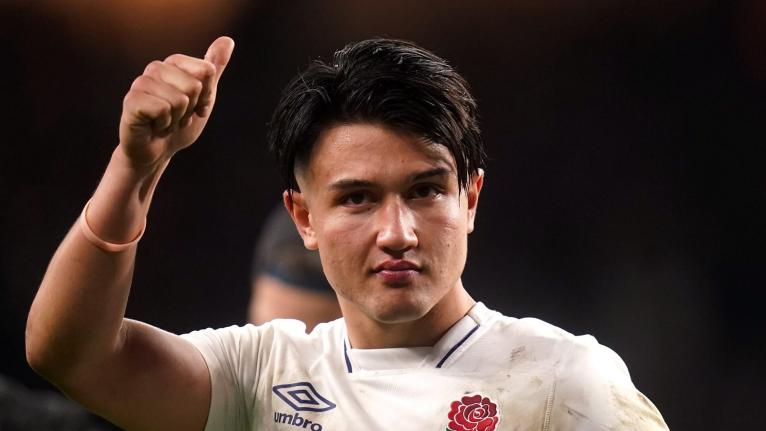
Like his countryman Curry, young playmaker Marcus Smith has long been heralded as one rugby’s elite youth players for quite some time. That status has earned him more than a century of appearances for Harlequins since his debut as a teenager in 2017, but it wasn’t until this year that his sky-high potential began to bear fruit as he was finally handed a test debut in July after having guided his club side to an unlikely Premiership title. That was the beginning of Smith’s rapid rise this year, as he was soon called into the British and Irish Lions squad and then started at No 10 in all three of his country’s November tests, all of which was enough to win him a nomination for World Rugby Breakthrough Player of the Year.
Other potential candidates: Mathieu Jalibert (France), Paolo Garbisi (Italy), Noah Lolesio (Australia)
11) Louis Rees-Zammit (Wales)
Age: 20
Test caps: 12
Club: Gloucester
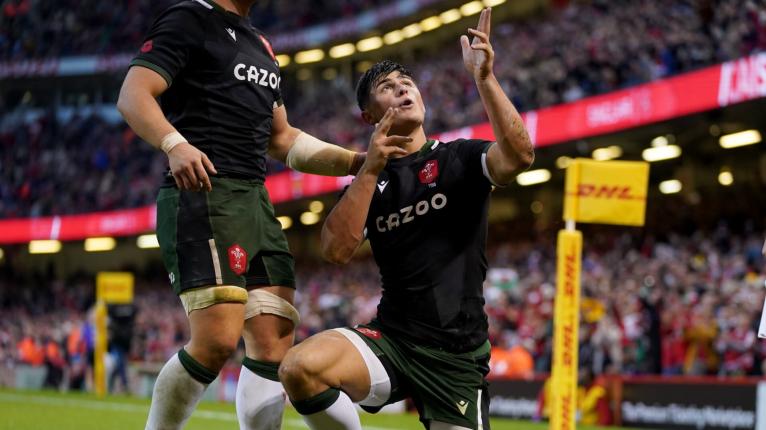
Competing with Smith for World Rugby’s Breakthrough Player of the Year is Welsh prodigy Louis Rees-Zammit, who burst onto the scene with an array of standout displays for Gloucester as the club’s youngest-ever Premiership player. That, unsurprisingly, earned him a test debut for Wales last year, and the 20-year-old speedster has gone from strength-to-strength since then, having played for the British and Irish Lions in South Africa and rivalling Smith as the planet’s best youngster.
Other potential candidates: Caleb Clarke (New Zealand)
12) Romain Ntamack (France)
Age: 22
Test caps: 23
Club: Toulouse

Plenty has been made of France’s resurgence since the 2019 World Cup, and much of that has to do with Romain Ntamack, the 2019 World Rugby Breakthrough Player of the Year who has formed a world-class halves partnership with Antoine Dupont. At the crux of France’s newfound success is their youthful core, with Ntamack and Dupont spearheading that contingent at both club and international level. A masterful first-five who can also play at No 12, Ntamack’s counter-attacking brilliance from inside his own in-goal against the All Blacks in Paris showed everyone a glimpse of what he can do with ball in hand.
Other potential candidates: Cameron Redpath (Scotland), Quinn Tupaea (New Zealand), Hunter Paisami (Australia)
13) Len Ikitau (Australia)
Age: 23
Test caps: 13
Club: Brumbies
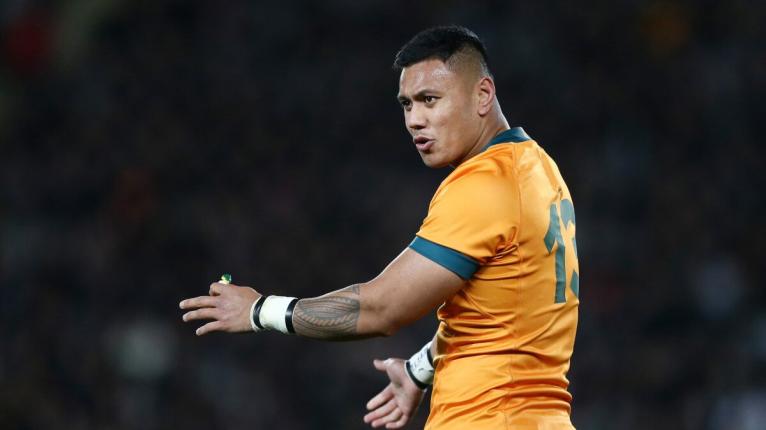
After having made his test debut this year, Len Ikitau proved himself to be so good that he played in every test for the Wallabies in 2021. Of those 13 matches, he started in 11 of them, but he thrived the most when paired up with Samu Kerevi in the midfield as part of a backline steered by Quade Cooper. When at full tilt, Ikitau’s ball-playing and line-running were lethal attributes that helped the Wallabies reach their best during the Rugby Championship.
Other potential candidates: Jordan Petaia (Australia)
14) Will Jordan (New Zealand)
Age: 23
Test caps: 13
Club: Crusaders
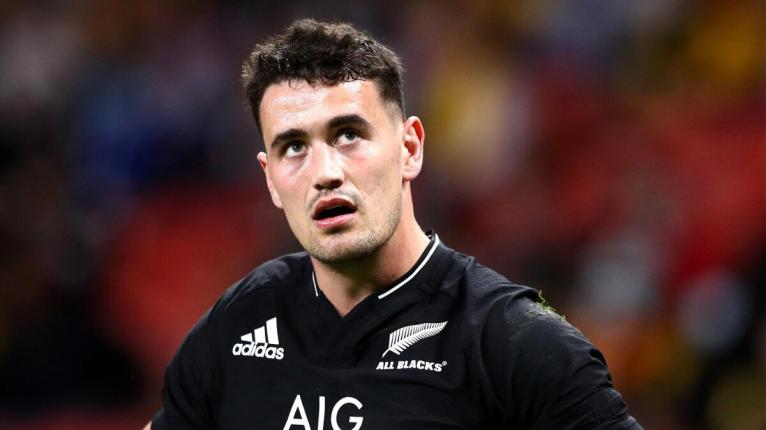
A former star for the world champion New Zealand U20 side of 2017, Will Jordan has continued his attacking output in test rugby, scoring a whopping 17 tries in his first 13 tests. 15 of those came in this year alone, an effort no All Black has achieved since Joe Rokocoko scored 17 tries in 2003. It’s that kind of try-scoring prowess and attacking magic that has earned Jordan a World Rugby Breakthrough Player of the Year nomination alongside Smith and Rees-Zammit.
Other potential candidates: Santiago Carreras (Argentina), Aphelele Fassi (South Africa)
15) Damian Willemse (South Africa)
Age: 23
Test caps: 15
Club: Stormers
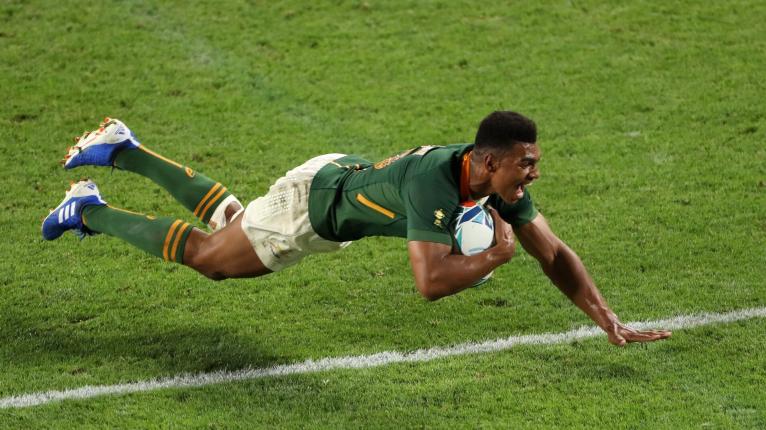
He may have found test starts difficult to come by due to the presence of Willie le Roux and Francois Steyn in the Springboks squad, but it’s hard not to imagine that Damian Willemse will grow into one of the world’s top fullbacks in the coming years. A World Cup winner at the age of 21, his experience and immense attacking qualities put him in good stead to prosper over the coming years.
Other potential candidates: Freddie Steward (England), Melvyn Jaminet (France)

































































